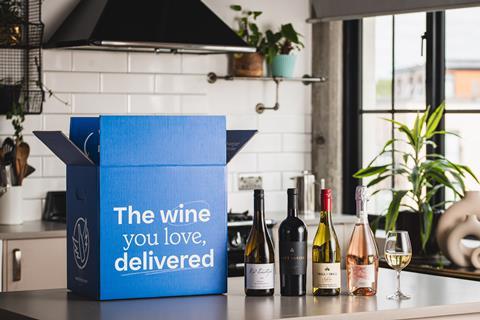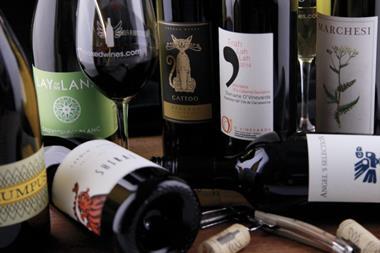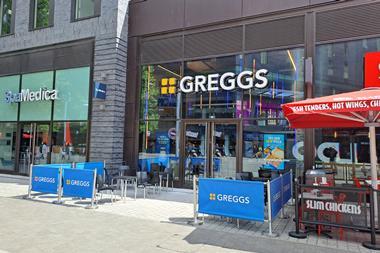
Naked Wines CEO Rodrigo Maza has tipped 2028 as the year the online wine seller will return to growth, as subscribers acquired in Covid fall away to be replaced by a new cohort of loyal, profitable buyers.
Annual results posted on the London Stock Exchange earlier today showed the group’s revenues had fallen 14% to £250m in the year to 31 March 2025.
The contraction in sales was in line with expectations, as Naked Wines’ user base corrects following a bumper pandemic. It also represented an improvement on the previous year’s contraction of 18%. Its Australian business bucked the trend, returning to growth after two years of decline.
“Fully focused” on a turnaround strategy to cut dead stock, raise cash and return to long-term profitability, Maza told The Grocer the team had taken “massive steps” to secure the business’ financial foundations while customers won during Covid fell away.
“The attrition of this cohort is in line with all other cohorts – it’s just that because the cohort was so large, the number of customers that [fall away] over time is also quite large,” Maza said.
“We target FY2028 as the year the base will stabilise, and we expect to grow from there. The good news is that this is very predictable, and we have adjusted not only our strategic plans but also our financial forecasts on that understanding.”
The business cut its pre-tax losses by £11.4m in FY25, down to £4.9m, and managed to reduce its total inventory by £37m to £108m – with £6.5m of inventory liquidation costs counting towards the deficit in the bottom line.
The accelerated sale of surplus inventory helped Naked generate £18.5m in free cashflow over the year, reaching £30m in net cash at year end, lease liabilities excluded.
“As we push that inventory out the door, our cash position improves, and the intention is then to distribute that cash through ad-hoc buybacks,” added Maza.
Naked Wines has already announced a £2m share buyback programme off the back of its latest results, which Maza said reflected the board’s confidence in its financial security.
“I would say the main driver behind the decision is actually the mismatch we see between our market cap, and the value that we forecast the business to deliver,” he said.
Shares in the group have rallied in 2025, climbing 71% so far to 78p, giving Naked a market cap of almost £60m. However, the stock remains a long way from the pandemic-fuelled peak of 2021 when the share price reached almost 900p.
In March, Naked Wines unveiled a new plan for growth, focusing on the business’ core of profitable high-retention members – who made up about £40m of revenues. The company’s approach to marketing has also changed, with Maza describing a “doubling down” on social media and channels to reach a more engaged, retainable customer base.
“The fact remains that we have a very strong core membership, people that are highly engaged and very loyal, very many of which have been with Naked for years,” Maza said. “Our focus is on making sure that [new customers] we bring in have that behaviour, instead of bringing in people who aren’t truly interested in what Naked is about.”
He added the business was seeing “early signs of higher lifetime value” through these newly acquired customers, a “key assumption” in the new marketing strategy.
“As time goes on, and as we execute, that confidence is only going to grow.”



















No comments yet